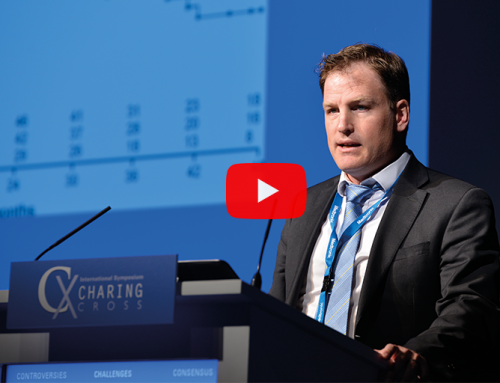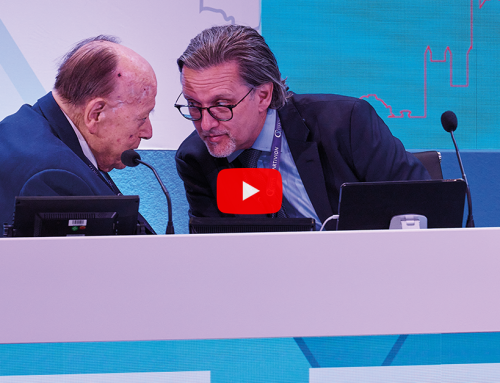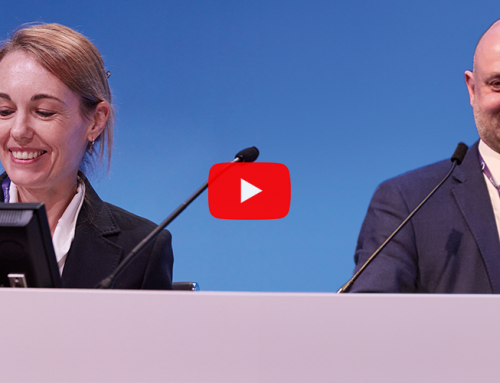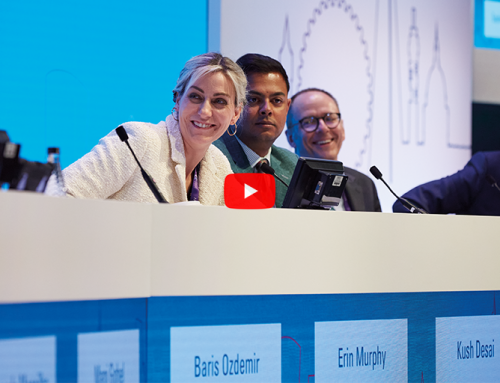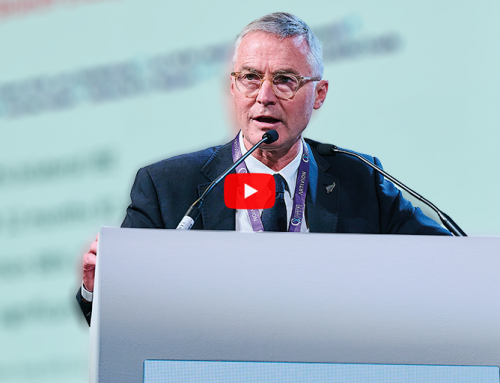The vascular trauma programme at CX 2024 will involve vascular surgery trainees from across Europe, showcase data from the Vascular Interventions and Surgery in Trauma Audit (VISTA), and address controversy surrounding resuscitative endovascular balloon occlusion of the aorta (REBOA).
Case disaster in vascular trauma
In partnership with the European Society of Vascular Surgeons in Training (EVST) supported by the European Society for Vascular Surgery (ESVS), this session on day 2 of the meeting will feature significant involvement from vascular trainees who Davenport says are “putting on an excellent series of cases”.
Controversy of REBOA in trauma
Results from the randomised UK-REBOA trial were published in the closing months of last year, determining that resuscitative endovascular balloon occlusion of the aorta (REBOA) plus standard care does not reduce mortality rates among trauma patients with exsanguinating haemorrhage, as compared to standard care in the emergency department. According to Christopher Aylwin, this publication has “in itself, been quite controversial”. CX 2024 will host a debate titled “Is there a role for REBOA after the UK-REBOA trial?” on Wednesday, 24 April at 16:20.
VISTA Results
Katherine Hurndall (London, United Kingdom) will deliver an update on the VISTA study — a nationwide vascular surgery audit, conducted by a trainee collaborative, that sought to assess the “true burden” of vascular trauma across the UK. In addition to Hurndall’s initial talk, Rachel Bell (Newcastle upon Tyne, United Kingdom) will close the session by presenting the “role of the Vascular Society in vascular trauma” and outlining how the findings of VISTA can be translated and will provide “process and care quality changes for improved outcomes, in particular limb salvage,” highlights Davenport.



